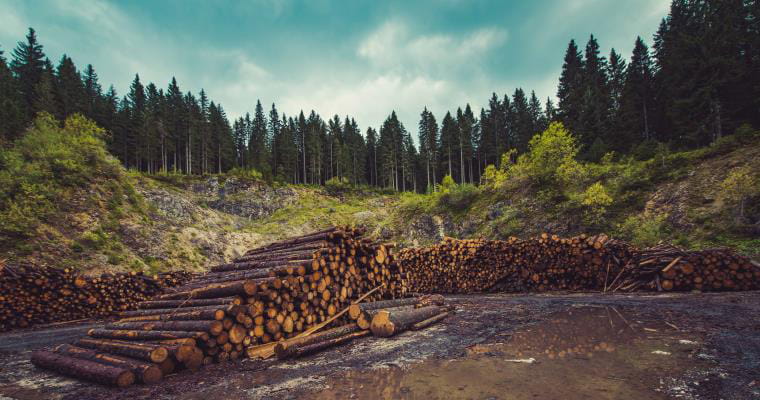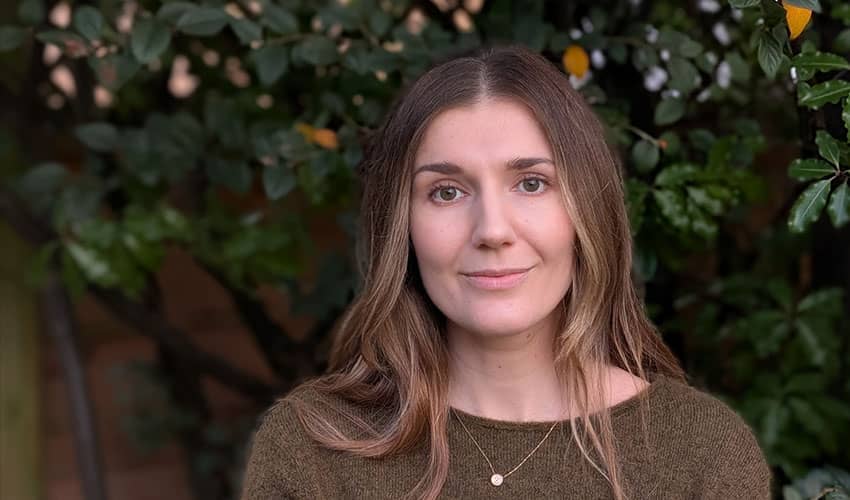Ecosystem degradation could raise risk of pandemics

Environmental destruction may make pandemics more likely and less manageable, new research suggests.
The study, by UWE Bristol and the Greenpeace Research Laboratories at the University of Exeter, presents the hypothesis that disease risks are “ultimately interlinked” with biodiversity and natural processes such as the water cycle.
Using a framework designed to analyse and communicate complex relationships between society and the environment, the study concludes that maintaining intact and fully functioning ecosystems and their associated environmental and health benefits is key to preventing the emergence of new pandemics.
The loss of these benefits through ecosystem degradation – including deforestation, land use change and agricultural intensification – further compounds the problem by undermining water and other resources essential for reducing disease transmission and mitigating the impact of emerging infectious diseases.
Lead author Dr Mark Everard, Associate Professor of Ecosystem Services at UWE Bristol, said: “Ecosystems naturally restrain the transfer of diseases from animals to humans, but this service declines as ecosystems become degraded.
“At the same time, ecosystem degradation undermines water security, limiting availability of adequate water for good hand hygiene, sanitation and disease treatment.
“Disease risk cannot be dissociated from ecosystem conservation and natural resource security.”
Dr David Santillo, of the Greenpeace Research Laboratories at the University of Exeter, added: “The speed and scale with which radical actions have been taken in so many countries to limit the health and financial risks from Covid-19 demonstrate that radical systemic change would also be possible in order to deal with other global existential threats, such as the climate emergency and collapse of biodiversity, provided the political will is there to do so.”
The researchers say the lesson from the Covid-19 pandemic is that societies globally need to “build back better”, including protecting and restoring damaged ecosystems (in line with the goals of the 2021-2030 UN Decade on Ecosystem Restoration) keeping the many values of nature and human rights at the very forefront of environmental and economic policy-making.
The paper, published in the journal Environmental Science and Policy, is entitled: The role of ecosystems in mitigation and management of Covid-19 and other zoonoses.
Related news

16 February 2026
UWE Bristol researchers awarded grant to explore impact of asset recovery on offenders
UWE Bristol academics have been awarded funding to explore of the impact of asset recovery on deterring offender behaviour and disrupting crime networks.

10 February 2026
Work by UWE Bristol lecturer features in Government’s National Cancer Plan
Work by a UWE Bristol academic has been included in the Government’s National Cancer Plan.

23 January 2026
On-demand minibus services beneficial in rural areas but face financial challenges, trials suggest
Trials of ‘demand responsive transport’ minibus services boosted connectivity for people in rural and suburban areas, according to a new report produced by UWE Bristol researchers.

18 December 2025
UWE Bristol professor appointed National Institute for Health and Care Excellence CEO
Jonathan Benger CBE, Professor of Emergency Care at UWE Bristol, has been appointed as the new chief executive officer of the National Institute for Health and Care Excellence (NICE).

17 December 2025
Findings revealed from first UK study into experiences of mothers who are survivors of rape pregnancy
UWE Bristol academics have revealed the findings of the first UK-based study of the experiences of mothers who are survivors of rape pregnancy.

11 December 2025
Social media influencer work is far more demanding than it looks, research finds
A study exploring the mental health impacts of social media influencer work has revealed that life online is far more demanding than it appears.

25 November 2025
UWE Bristol experts join film Q&A exploring music and melodrama
Academics will take part in the Cary Comes Home Festival, with a post-screening Q&A exploring music, melodrama and emotional storytelling in classic cinema.

17 November 2025
Urgent reform needed to support ambulance-delivered end of life care, study finds
More than three quarters (78 per cent) of paramedics sometimes fear doing the wrong thing when caring for people in the last year of life, new research has found.

13 November 2025
Bristol’s screen industry experiences “boom-and-bust cycle” after post-pandemic recovery, new research from UWE Bristol finds
New research from UWE Bristol provides detailed insight into Bristol's screen sector.

13 November 2025
New AI research to revolutionise animal welfare
A UWE Bristol research project will combine behavioural science and AI to create technology that understands not only what animals do, but how they feel.

10 November 2025
Lessons from Low Traffic Neighbourhoods will drive better public engagement, study finds
Lessons from Low Traffic Neighbourhoods have informed a new toolkit to improve engagement with the public on challenging local street issues.

06 November 2025
First-of-its-kind study aims to help more people spend their final days at home
A new study will explore how architectural design could support end-of-life care in domestic settings.






